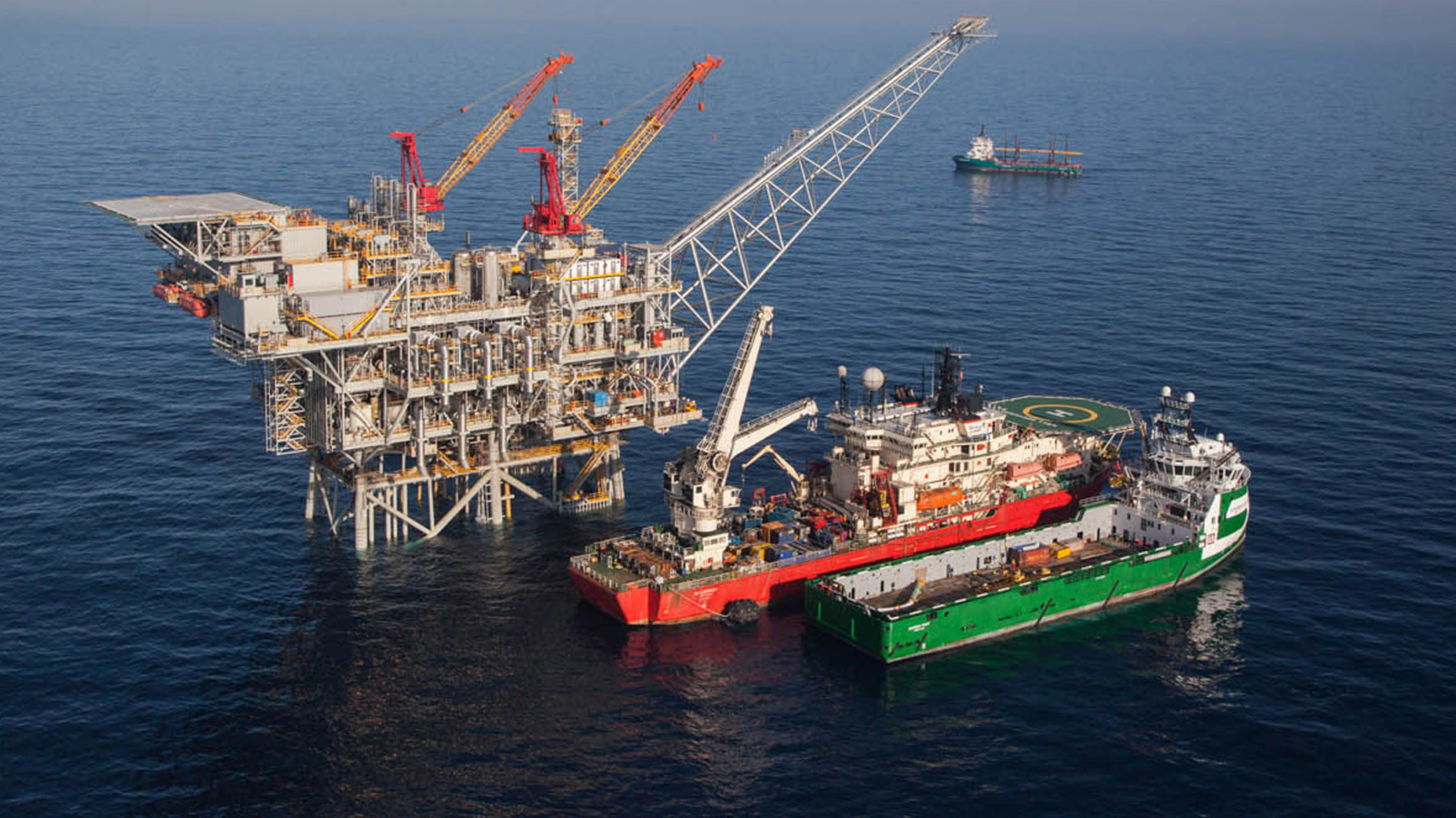Israel Approves Increased Natural Gas Exports to Egypt From Tamar Reservoir
The decision aims to strengthen Israel-Egypt relations and boost both nations’ revenues
Israeli Energy Minister Israel Katz announced last week that Israel has approved an increase in natural gas exports to Egypt from the Tamar offshore gas reservoir, located west of Haifa in northern Israel. The additional gas supply from Israel is expected to boost Egypt’s liquid natural gas exports to Europe.
Chen Bar-Yoseph, the head of Fuel Administration at the Ministry of Energy and National Infrastructures, recommended the decision.
“The step will increase the state’s revenues and strengthen the diplomatic relationship between Israel and Egypt,” Katz posted on X, the platform formerly known as Twitter.
Currently, Egypt is the main recipient of natural gas exports from Israel. Over the next 11 years, Israel will increase its natural gas exports to Egypt by an additional 38.7 billion cubic meters.
The goal of this initiative is to ramp up Tamar reservoir’s gas production by 60%, with about two-thirds of the increased output earmarked for export to Egypt over the next 11 years. The rest of the increased production will be allocated for domestic use. This decision came after discussions aimed at securing Israel’s domestic gas needs through 2048.
Dr. Rony Halman, a serial entrepreneur and the founder of the Israeli Oil and Gas Association, the Cypriot Oil and Gas Association, and the Israeli Citizens’ Fund, spoke to The Media Line. Halman spoke to The Media Line about the main reasons for the Israeli decision to increase gas exports to Egypt.
First, he noted that boosting gas exports to Egypt would increase revenues for the Israeli Citizens’ Fund, a sovereign wealth fund managed by the Bank of Israel and dedicated to income generated by the Tamar and Leviathan gas fields. Additionally, he said the move would enhance bilateral cooperation with Egypt and strengthen Israel’s geopolitical position.
Dr. Noha Bakr, an advisory board member of the Egyptian Center of Strategic Studies, pointed out that Egypt has made no official announcement about how it plans to utilize the imported Israeli gas. However, she believes that it will not only be destined for local use.
One thing is certain, she told The Media Line: “At least part of the gas will go to the liquefaction facilities in Egypt for export to Europe.” Bakr explained that Egypt purchases natural gas from Israel at $7.5 per thermal unit and profits in the international liquid natural gas market.
Halman added that the move could also combat global warming by shifting some of the European Union’s electricity generation from coal to natural gas.
It’s a win-win for both countries
“It’s a win-win for both countries,” said Bakr, noting that the deal will bring both economic gains and political benefits to Egypt-Israel relations. On a broader, multilateral scale, the deal will help mitigate fuel shortages in Europe, exacerbated by the Russo-Ukrainian war that began in February 2022.
This process has a positive effect on Egypt’s economy and will support Egypt as a main gas hub in the Eastern Mediterranean
Halman argued that Egypt stands to benefit significantly from its role as an energy source.
“This process has a positive effect on Egypt’s economy and will support Egypt as a main gas hub in the Eastern Mediterranean,” he said.
He explained that during the tenure of President Hosni Mubarak, Egypt regressed in both gas production and exports.
“He set a very low price for the local market and forced the companies to sell in big losses to the local market instead of exporting in market price,” Halman noted.
As a result, Halman continued, gas companies lost their economic incentives to explore new sources. Consequently, Egypt’s gas production plummeted, turning the country from a gas exporter into an importer. However, Halman observes that Egypt has since shifted toward a more sustainable approach.
“When Abdel Fattah el-Sisi became the president of Egypt in 2014, he changed the gas policy to be export-oriented,” Halman added, noting that this has significantly boosted Egypt’s exports in recent years.
In 2022, Egypt set a new record with natural gas exports totaling $8.4 billion, a substantial increase from $3.5 billion the previous year. This surge is also attributed to Europe’s rising demand for liquefied natural gas, fueled by the energy crisis stemming from the Russo-Ukrainian war.


